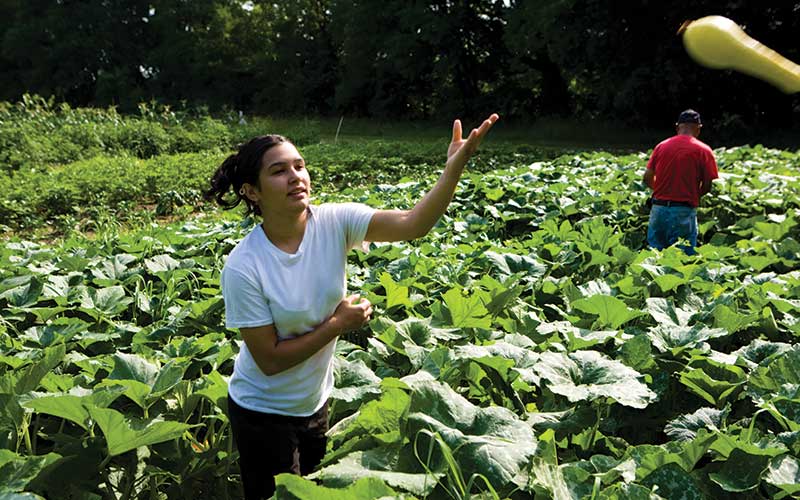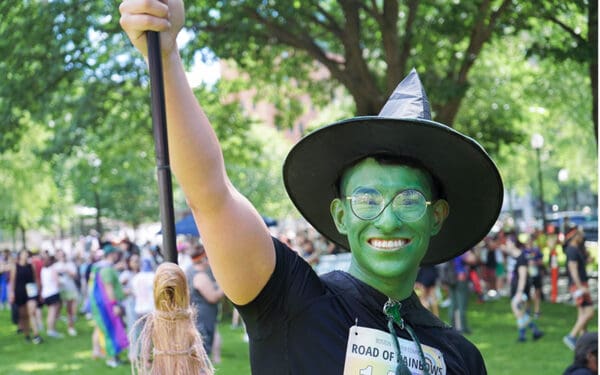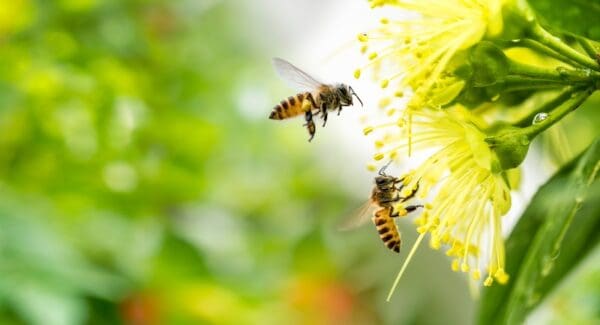
CLF’s Legal Food Hub is supporting Holyoke-based Nuestras Raíces as the community organization works to train 100 new urban farmers over the next two years.
Training a New Generation of Farmers in Western Massachusetts
For Rafael Herrero, farming is a family tradition. Though he admits, it skipped a generation. “My grandfather was a farmer in Puerto Rico,” he says, “but none of his sons became farmers themselves.” Today, Herrero is reviving his family’s heritage by training a new generation of urban farmers in Massachusetts.
As Director of Agriculture and Environment for Nuestras Raíces, a Holyoke-based community organization, Herrero is overseeing an ambitious effort to train 100 new farmers in earth-friendly practices over the next two years. “A lot of our region’s farmers are getting older,” says Herrero, and many have no one to take over the farm when they retire. At the same time, he says, younger people who want to farm often lack the knowledge to be able to run a small farm successfully.
With funding from a Natural Resources Conservation Service Conservation Innovation Grant, the New Farmer Training Program aims to change that. This year’s class of 60 farmers-in-training began their apprenticeship in April. Ranging in age from 18 to 60, women just outnumber the men. Most trainees speak English, but for others in this largely Latino city, Spanish remains their first language. Each week through October, they will spend time in the fields at La Finca, Nuestras Raíces’ 30-acre farm, as well as in the classroom, learning the ins and outs of managing a small business.
Those ins and outs include knowing why and how to engage a lawyer. Small businesses are often put off by the cost of legal help, but such assistance is critical when negotiating contracts or forming a business entity. Farmers also face unique legal issues around leasing or buying land and navigating laws around food processing and safety.
To help develop legal training materials, Nuestras Raíces turned to CLF’s Legal Food Hub. Now entering its fourth year, the Hub matches small farmers and food businesses with legal help and offers workshops on legal issues. Working with Nuestras Raíces provided an opportunity to build on its educational mission. “This is a great way for us to help a new generation of farmers start out with the knowledge they need to launch a strong business,” says CLF Farm and Food Director Jenny Rushlow. “That will in turn strengthen the local food economy in the region and make more fresh, healthy food available for the people of Holyoke and Springfield.”
To that end, the apprentice farmers are intentionally focused on growing crops familiar to the region’s large Latin and Central American immigrant population. “We’re hoping to impact communities that are under-served and don’t traditionally eat what farmers in Massachusetts usually produce,” Herrero says.
The ultimate goal is for graduates of the program to move on to another apprenticeship where they can continue to learn different aspects of farming or start their own urban farm. No matter which direction the trainees take, says Herrero, “we’re going to try to help them and give them the tools they need to be successful.”



